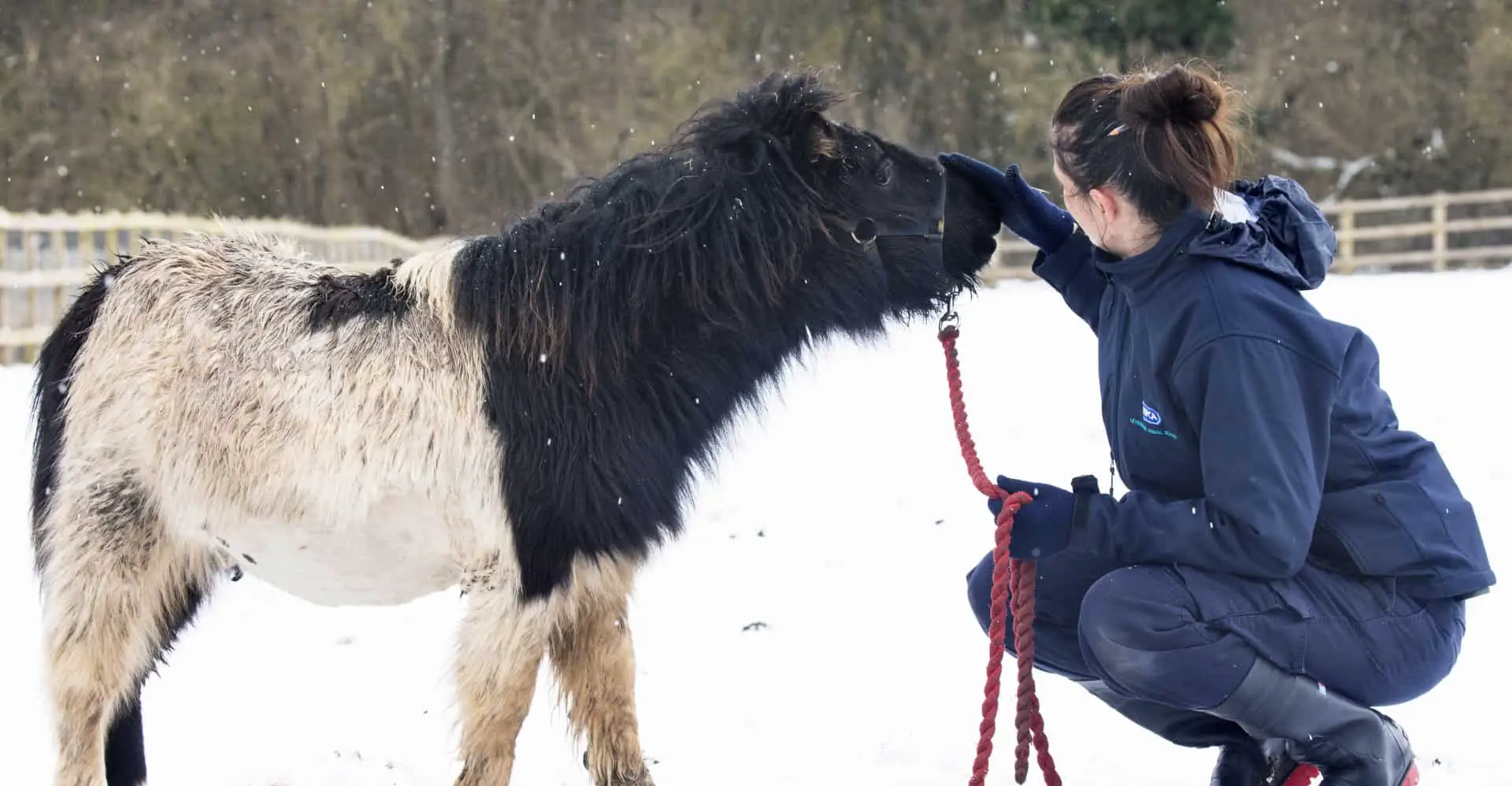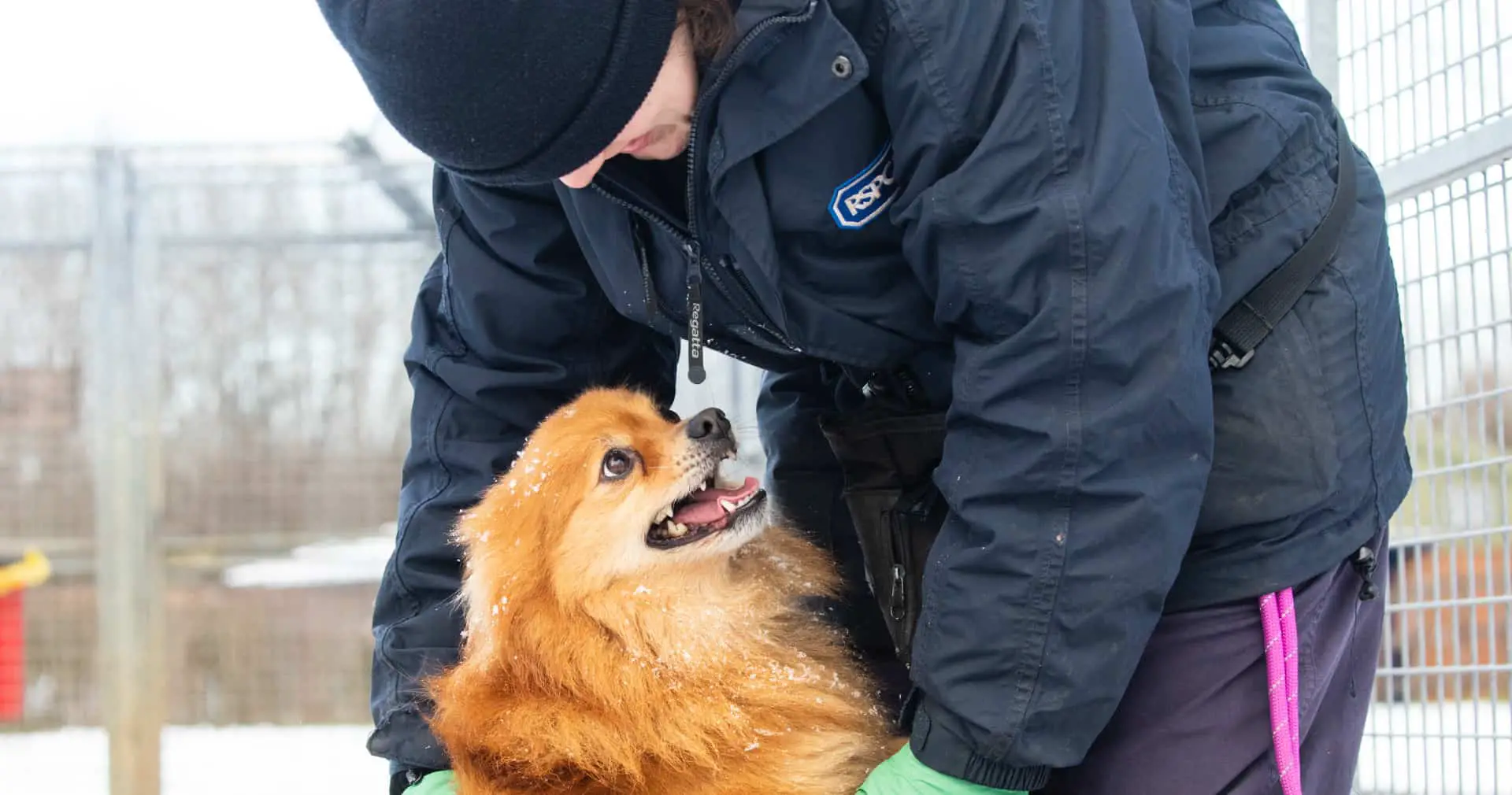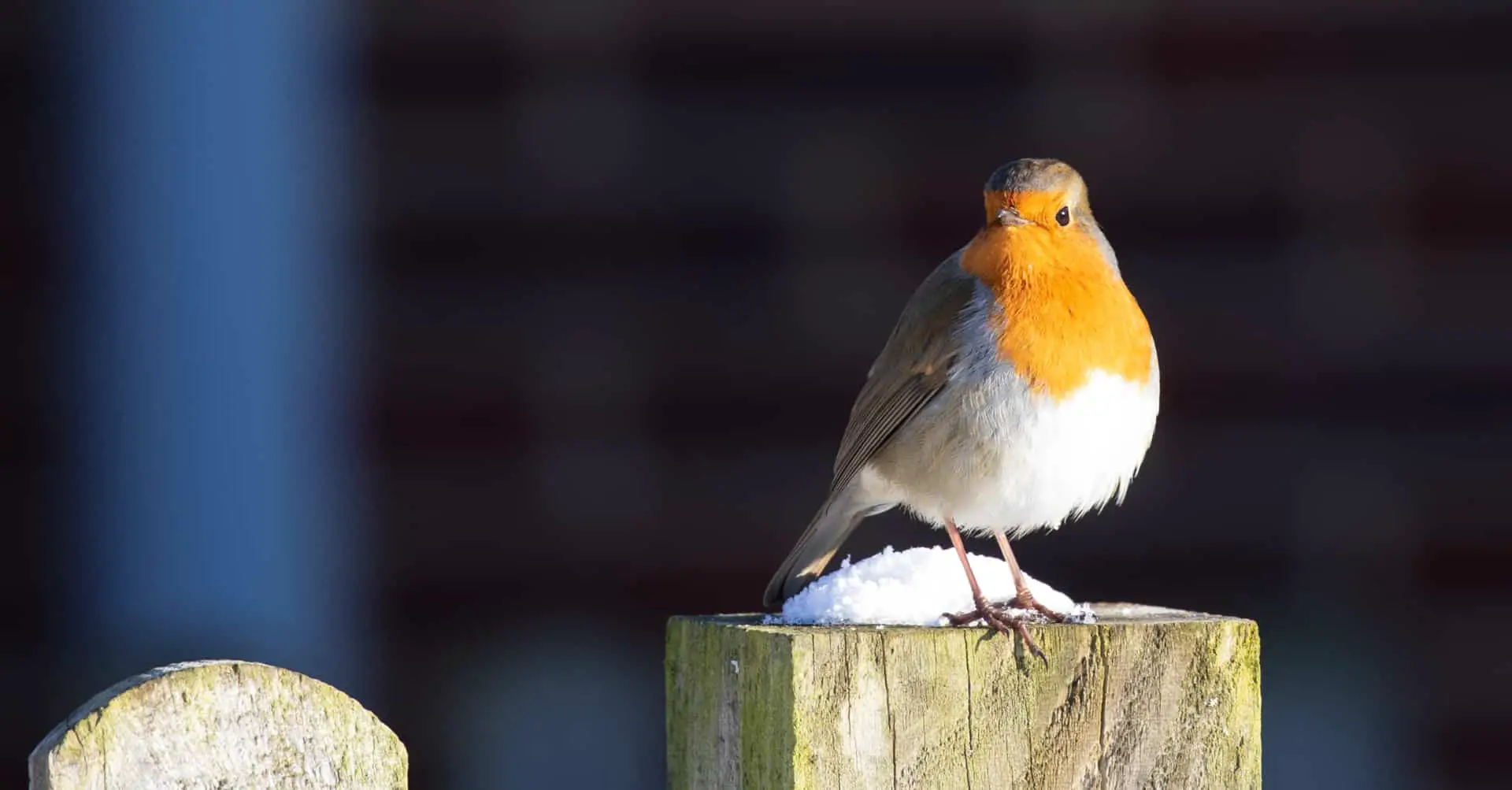With weather forecasters predicting a cold spell the RSPCA is urging people to help keep pets, livestock and wildlife happy and healthy – as part of the charity’s Join the Christmas Rescue campaign.
The animal welfare charity has issued 15 tips to help animal-lovers help every animal this winter – with a seasonal cold spell predicted. From the dangers of antifreeze and rocksalt, to preventing poisonous gases building up in fish ponds, there’s loads for animal owners to be aware of at this time of year.

Gaines: Really important we help our animal friends
RSPCA pet welfare specialist Dr Sam Gaines said,
“It’s really important we help our animal friends across the local community during the colder weather.
“We’re encouraging people to join the rescue to help animals so we’re sharing our helpful advice and tips available for people to make sure their own animals, and local wildlife, are kept safe.”

Here are the RSPCA’s top tips:
- Keep a close eye on outdoor pets like rabbits and guinea pigs; if the temperature starts to drop below freezing, you may wish to move your bunny inside. We recommend guinea pigs are housed indoors when temperatures are below 15OC (59°F). If you do bring your pets indoors, they still need plenty of time and room to exercise safely. If you have to leave them outside, provide them with lots of extra bedding and make sure their home is protected from adverse weather with insulating but ventilating covers. Hutches should be in a sheltered position, with a sloped roof and should be raised off the ground at least 4in (10cm).
- Ensure cats have constant access to the house or to a warm, indoor area such as an outbuilding or barn. You should also ensure the cat’s bedding or sleeping area is warm, dry and away from any draughts.
- Antifreeze and rock salt – commonly used at this time of year – can be poisonous to pets so keep any stored products out of their reach. If you’re concerned your pet may have ingested anything they shouldn’t, please speak to your vet immediately.
- If you have a pet who gets wet or cold, rub them dry with a towel and make sure they have plenty of warm bedding.
- If you have an elderly or sickly dog, you can buy a special coat or jumper to keep them warm when you’re out walking. Make sure your dog can still behave normally, for example, go to the toilet easily and that it is a good and comfortable fit.
- When walking your dog in the dark or riding your horse, wear reflective clothing and think about reflective protection for your pet too!
- Keep your pet dog away from frozen ponds, lakes or rivers which can pose a danger, and make sure their paws don’t get impacted with snow.
- If you keep pet birds in aviaries, coops, or runs, then you should also protect them from the cold weather. Provide plenty of additional dry, warm bedding such as straw and cover enclosures to keep the wind and rain out. Birds will eat more to keep warm in cold conditions so ensure the birds always have access to plenty of food and fresh water, ensuring water does not freeze over.
- Never house animals, including birds, in greenhouses and take caution if housing them in conservatories.
- If you have a fish pond, check it every day to make sure the surface is not entirely frozen as poisonous gases can build up under the ice. Don’t break the ice as this can harm the fish, but carefully place a saucepan of hot water on the surface to gently melt a hole in the ice. Never tip boiling water straight onto the pond either, as this can also harm or kill any fish living there. And never try to use antifreeze or salt to thaw frozen ponds or birdbaths.
- Horses and livestock need extra care in the winter, such as adequate shelter to escape bad weather, extra feed as grass can be sparse, and regular checks on water troughs to keep them clear of ice. Give added protection with a waterproof rug, ensure they have access to dry standing areas, and check hooves regularly for loose shoes or signs of problems such as mud fever. Farmers and smallholders should give extra consideration to young animals and whether they need extra protection from the cold weather.
- Wildlife may need an extra helping hand during tough, winter conditions. Birds can struggle to find food during the winter months so, to help them stay strong over this period, householders can leave out extra food for them (like suitable seeds and grains such as oats and sunflower seeds; cooked pasta or rice; boiled potatoes, cheese, or uncooked unsalted bacon rind; raisins and sultanas; net-free fat or suet balls; apples, pears and soft fruits; insects such as mealworms or waxworms).
- Keep bird baths free of ice, leave out bowls of clean water, and keep feeders clean.
- Carefully check any wood or leaf piles for wild animals such as hedgehogs, frogs and mice before lighting any fires or bonfires. If you find wild animals in hibernation, be sure to leave them be.
- The RSPCA doesn’t advise keeping dogs outside in any weather. Meeting the needs of dogs when they’re kept outside is very hard – and more so in very low temperatures. Owners should make sure their dogs have a clean, comfortable and dry sleeping area with a safe heat source so the temperature does not drop below 10OC.”
The RSPCA is raising awareness of the shocking reality facing abandoned and neglected pets this festive season – with the launch of its new Christmas film. The charity is urging supporters to Join the Christmas Rescue and help the RSPCA be there for animals as neglect and abandonment soars to a three-year high.
News shared by Suzanne on behalf of RSPCA. Ed





